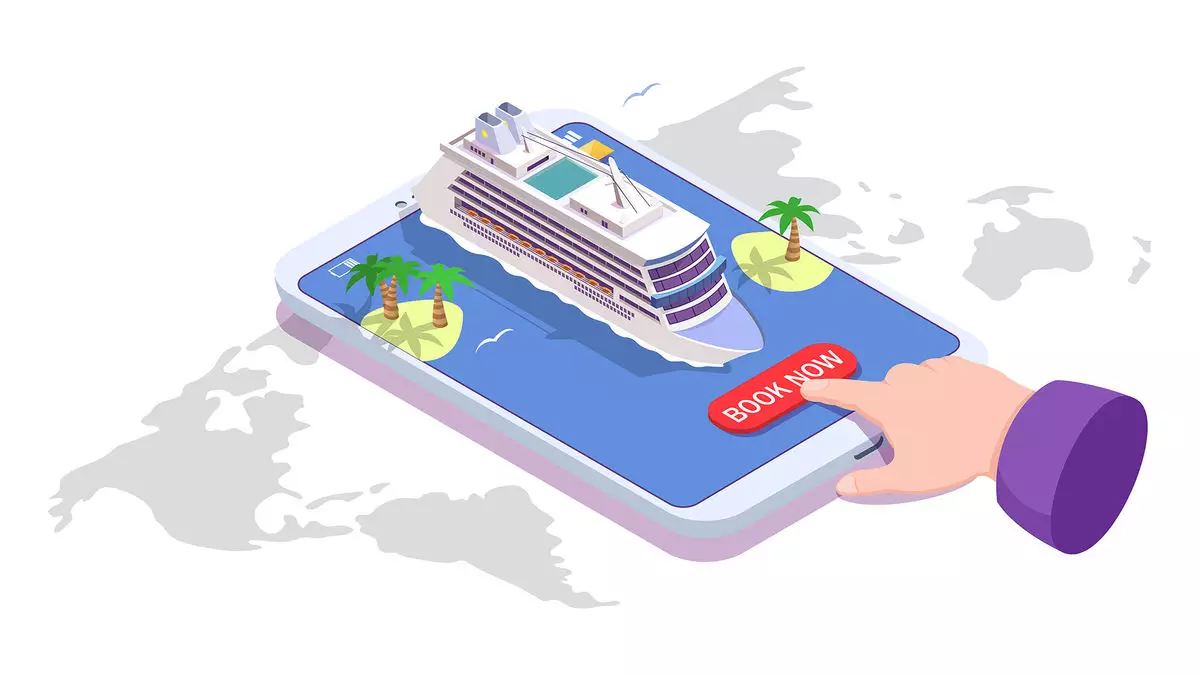In recent years, the landscape of consumer behavior has shifted dramatically, especially in the wake of the Covid-19 pandemic. The ease and convenience of online shopping have become ingrained in our daily routines, with platforms like Amazon redefining the way we make purchases. This shift has also affected the cruise industry, as consumers have increasingly turned to online sales and DIY bookings to plan their trips.
Direct sales have always been a point of concern and sensitivity for both travel advisors and cruise lines. Janet Bava, chief commercial officer for Windstar Cruises, acknowledges the importance of travel advisors in supporting the industry and ensuring that cruise lines stay connected to their clients. Despite the rise of direct-to-consumer channels, the role of travel advisors remains crucial in providing personalized service and expertise to travelers.
The trend line of trade-booking share has been a roller coaster in recent years. According to a report from Phocuswright, travel advisors accounted for around 70% of bookings in 2019, but this share plummeted to 52% in 2021. However, projections suggest that the dominance of the advisor channel will bounce back to prepandemic levels by 2025. This shift reflects the evolving dynamics of consumer behavior and the industry’s response to changing preferences.
While travel advisors continue to play a vital role in driving bookings, direct-to-consumer channels have seen significant growth. Jason Liberty, CEO of Royal Caribbean Group, highlights the success of the company’s direct sales efforts, attributing it to consumer preference for digital engagement. Enhanced capabilities and a seamless purchasing experience have led to record-breaking bookings through the group’s digital channels. Despite this growth, travel partners are also driving a substantial increase in bookings, showcasing the importance of a multi-channel approach.
Josh Weinstein, CEO of Carnival Corp., notes the changing preferences of younger cruisers who are more comfortable with direct online bookings. While direct bookings are cost-effective, first-time cruisers still rely on a variety of channels to book their trips. Weinstein emphasizes the critical role of trade partners in attracting new customers to the industry and providing valuable experiences to guests. It is clear that a balance between direct sales and trade partnerships is essential for the future sustainability of the cruise industry.
The future of direct sales in the cruise industry is evolving, with a shifting landscape of consumer behavior and preferences. While direct-to-consumer channels offer convenience and efficiency, the role of travel advisors and trade partners remains integral in providing personalized service and driving new business. Finding the right balance between direct sales and trade partnerships will be crucial in adapting to the changing dynamics of the industry and ensuring long-term success.

